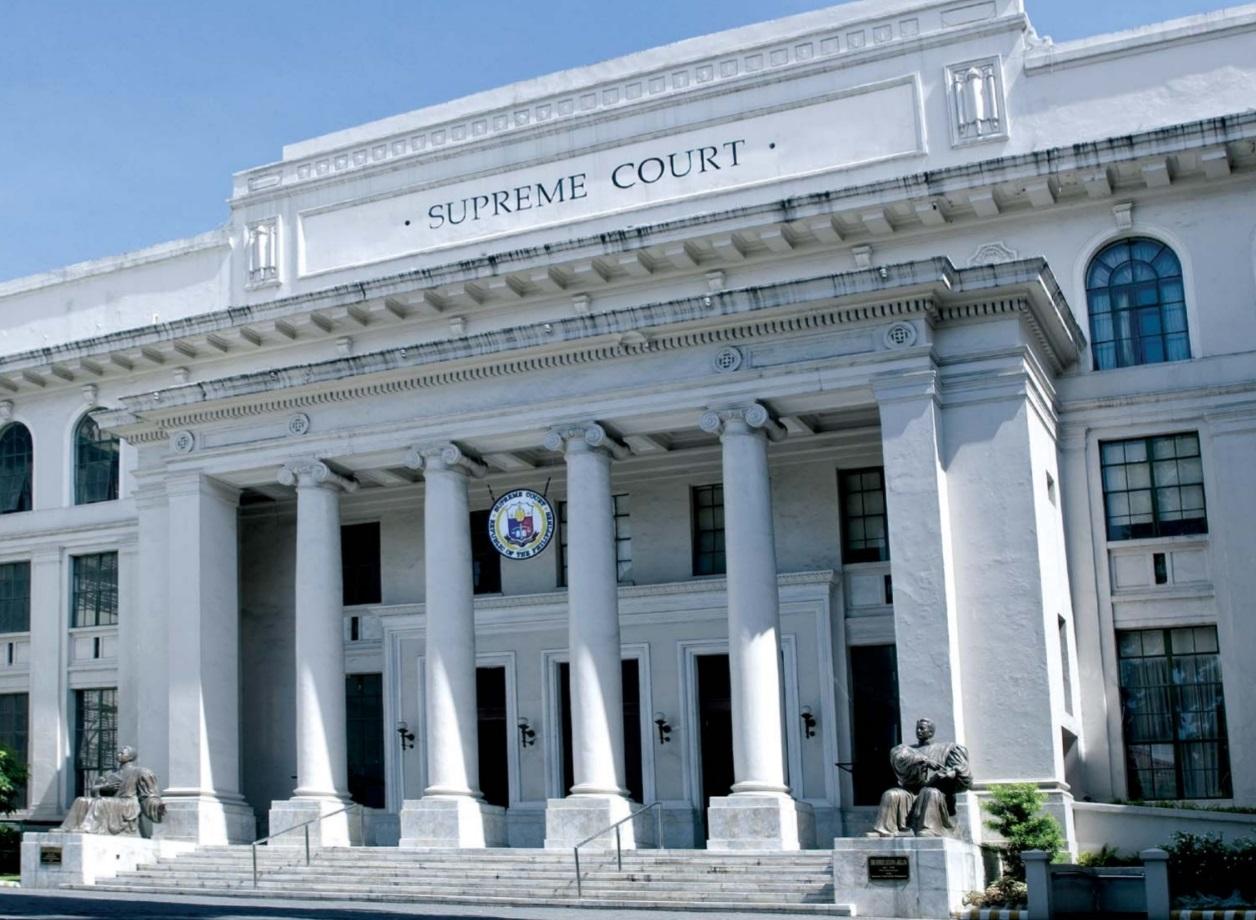SC releases full decision on anti-terror law

The Supreme Court on Tuesday published its full decision and the separate opinions on the controversial Anti-Terrorism Act of 2020, months after it declared only two parts of the measure unconstitutional.
In a 235-page resolution, the high tribunal voted on the following nine critical questions identified as the core issues:
- Whether to grant due to 35 out of 37 petitions
- Whether a facial challenge or an as-applied challenge should be used in analyzing the ATA
- Whether the "Not Intended Clause" in the proviso of Section 4 is constitutional
- Whether the phrase "organized for the purpose of engaging in terrorism" in the third paragraph of Section 10 is constitutional
- Whether the first mode of designation under Section 25 is constitutional
- Whether the second mode of designation under Section 25 is constitutional
- Whether the third mode of designation under Section 25 is constitutional
- Whether the provisions on proscription in Section 26 to 28 are constitutional
- Whether Section 29 on arrest and detention without a judicial warrant is constitutional
Of these, the Supreme Court declared the "Not intended Clause" in the proviso of Section 4 and the second mode of designation under Section 25 as unconstitutional.
"The Court has also directed the CA to immediately formulate the rules to be observed for judicial proscription with the objective of upholding the rights of groups of persons, associations, or organizations," it said.
Several human rights groups, lawyers, and students previously expressed their dissent over the high court's decision since most of the law was not declared unconstitutional.
Separate opinions
In his opinion, Associate Justice Marvic Leonen also voted to declare as unconstitutional Section 29, which provides for the warrantless arrest and detention of persons suspected of terrorism, and the authority of the Anti-Terrorism Council to issue an authorization to extend periods of detention.
Meanwhile, Senior Associate Justice Estela Perlas-Bernabe voted to have the phrase "organized for the purpose of engaging in terrorism" of Section 10 invalidated.
Bernabe and Associate Justice Alfredo Caguiao also sought to declare as unconstitutional the third mode of designation under Section 25.
Caguioa also voted to strike down Section 29 for violating the principle of separation of powers, infringing on the right to liberty and the right to be secure against unreasonable searches and seizures, and for failing the scrutiny test.
Meanwhile, Associate Justice Amy Javier, in her separate opinion, said she joined the full disposition of ponencia of former Associate Justice Rosmari Carandang to partially grant some petitions.
She also called on the executive branch to launch an information campaign on the law
For his part, Associate Justice Henri Inting concurred with the decision but proposed several measures to be incorporated into the guidelines.
These included the periodic presentation of detainees arrested without a warrant to the court nearest the place of detention on the 7th and 14 days for the questioning of his or her physical and mental condition.
Inting said the detainee must not also be transferred without notice and that concerned law enforcement personnel must report to the concerned trial court the specific reason to extend the detention period.
Further, he said the detainee must also be immediately placed in a medical or mental facility upon the recommendation of the examining government doctor.
President Rodrigo Duterte signed the anti-terror bill into law in July 2020.
A total of 37 petitions seeking to nullify the measures have been filed against it, making it one of the most challenged laws before the Supreme Court. — DVM, GMA News




